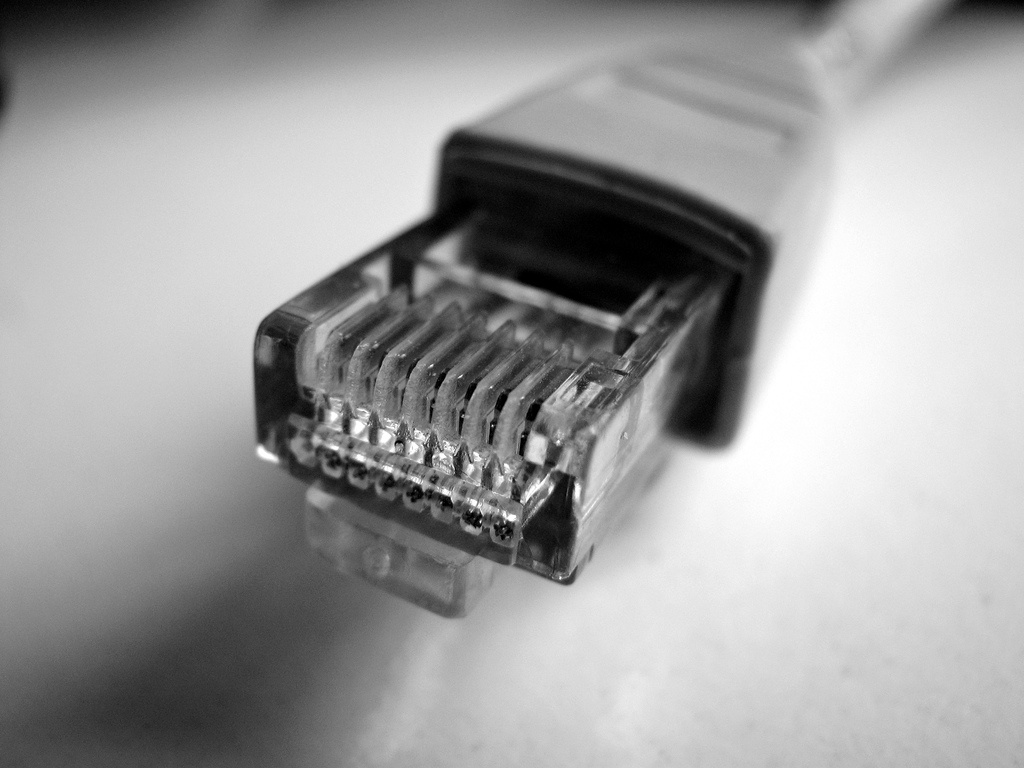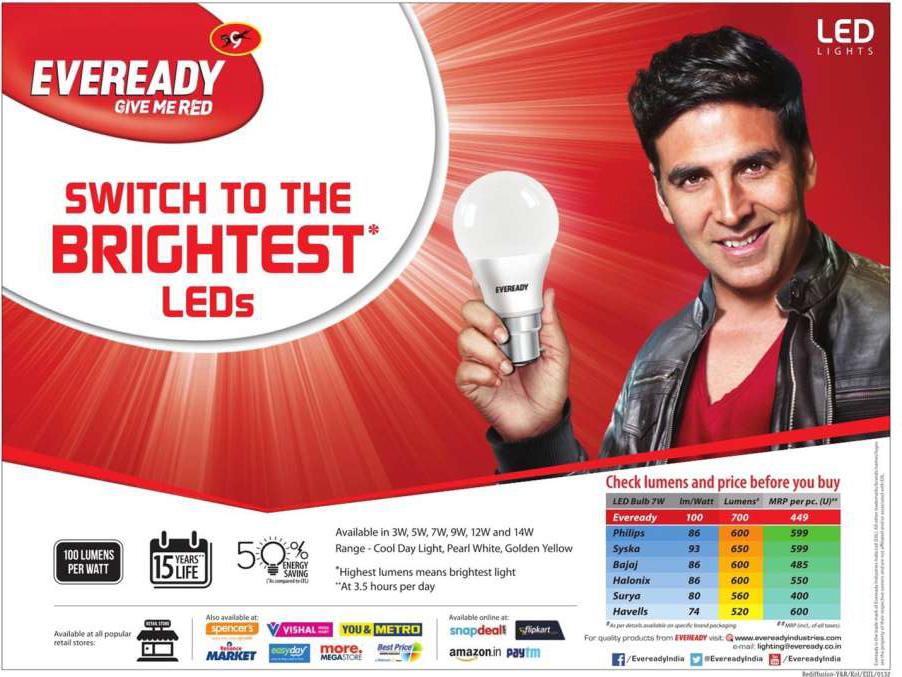Missed Opportunities and Confusing Precedents: Airef Engineers (P) Ltd. v. Vinod Shetty, Delhi High Court
Earlier this month, the Delhi High Court ruled on Trade Secrets and other confidential information in Airef Engineers (P) Ltd. v. Vinod Shetty. In an ex parte ruling the Court granted an injunction against an ex-employee of the petitioner-company without really identifying a prima facie case that the defendant had such information or that he had in any way misappropriated it. In this relatively short decision by Justice Najmi Wazri, the Court seems to have passed on an opportunity to […]








